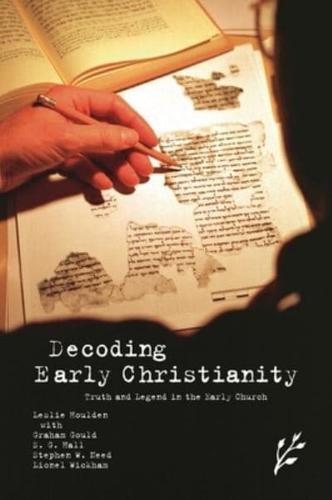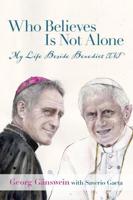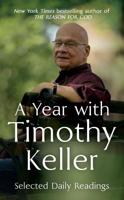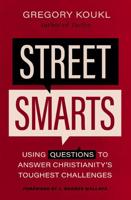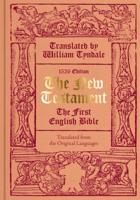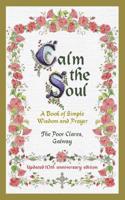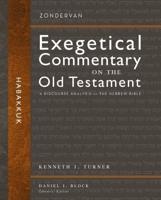Publisher's Synopsis
The extraordinary success of The Da Vinci Code has dramatically intensified interest in the mysterious origins of Christianity. But in fact there has always been huge curiosity about a wide range of contentious issues concerning Jesus and early Church history. Who was the 'real' Jesus? How much do we really know about his disciples? What is written in the 'secret' early Christian writings, such as the Gnostic Gospels? How did the Church Fathers decide which beliefs were heretical and which weren't? Who were the first Popes and how did they take control of the early Church? Decoding Early Christianity addresses all such questions, separating truth from legend, and showing how the early Church Fathers and Popes interpreted competing views and traditions to produce, over time, an approved and codified view of Jesus and his followers, and developed an accepted liturgy with which to worship him. Expertly written by a team of highly distinguished authors, it is a clear and engaging exploration of fact and fiction for anyone who wants to be reliably informed on the subject. The authors show how speculative fancies arise from a mixture of tenuous evidence and wishful thinking, and bring the issues back to the solid - but no less extraordinary - evidence in the main canon of the Gospels and the Acts.
After Leslie Houlden's Introduction, which briefly explores the nature and context of the different issues, nine chapters, each written by an expert, tackle the evidence: 'What Did Jesus Do and Teach?' (Leslie Houlden), 'Who Were the Disciples?' (Stephen Need), 'Who Were the First Popes?' (Graham Gould), 'What is the Apocryphal New Testament?' (Stuart Hall), 'What was Gnosticism?' (Stuart Hall), 'What Was the Qumran Sect and Did Jesus Share their Beliefs?' (Stephen Need), 'How Did the Early Christians Worship?' (Graham Gould), 'Who Were the Heretics and What Did they Believe?' (Lionel Wickham) and 'What Did Constantine Do for Christianity?' (Graham Gould).
